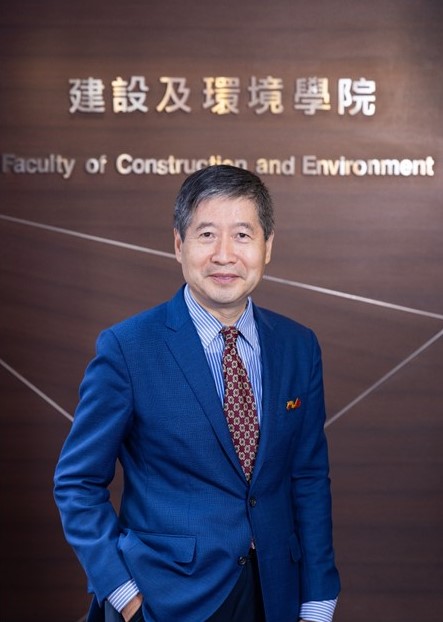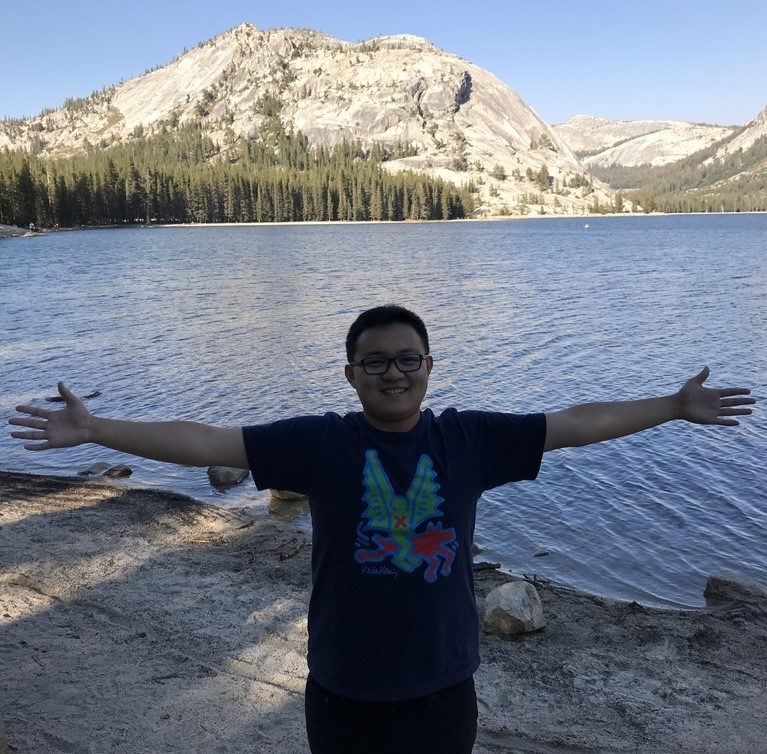TechTalk – Unlock the Hidden Value of Bridges’ Reserve Capacity in Toll Highway Operation
February 22 2024 (Thursday) 4:30-5:30pm
The extra reserve capacity exists widely in highway bridges due to the conservative design and construction. In a case study of a highway flyover in Singapore, the flyover still possesses at least an additional 30% loading capacity after twenty years of operation. This additional capacity, which was achieved by consuming extra raw materials and energy when the bridge was built years ago, is considered another kind of “waste” since it has never been used. To make use of it, the speaker introduced the additional loading capacity into the framework of operating profit optimization. The unused loading capacity enables a higher volume of vehicles and a higher proportion of heavy vehicles, thus further leading to the increase in toll profit.







